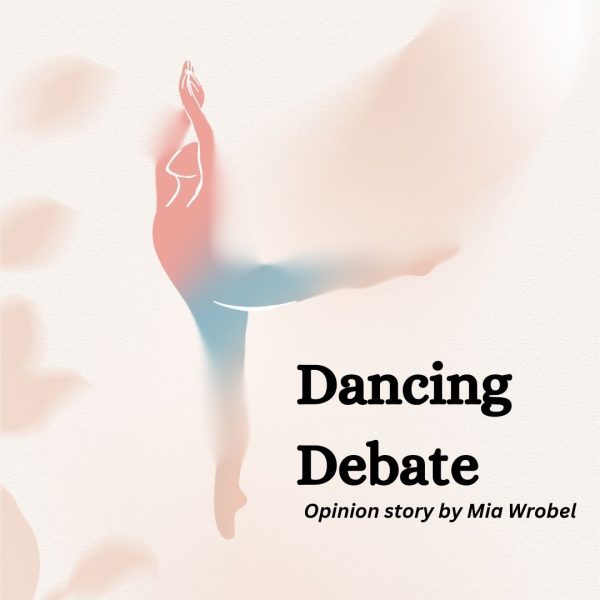Digital Dangers
A week goes by without a new app, device or update releasing; yet teens feel the need to try it out while they could be doing more productive tasks instead.
Some may argue, would life have more of a purpose without new digital technology sprouting up? Would life be better without the bottomless Instagram posts on students feeds? Without a doubt.
Yet trying to get rid of new digital technology can be hard—especially growing up with it.
Certain things about digital technology can be irritable, things not a lot of generations had to deal with on a daily basis. Still, there are a lot of benefits to new technology; “It improves students ability to multitask and concentrate in a short period of time,” according to Engadget.
“People aged sixteen to twenty-four spend about twenty-seven hours and thirty-six minutes online each week,” according to Ofcom. It’s understandable with these new gadgets coming out here and there. Yet that sparks the main question: is this negatively affecting students health?
If two thirds of students find online interaction better, or easier, than human interaction, more than a third let technology isolate them. In fact, the brain chemicals of people who use the internet had abnormal connections between their nerve fibers in their brain, according to scientists at the Chinese Academy of Sciences. To put into modern words, these changes are similar to other addicts, such as alcoholics.
If the pace of new apps or devices continues, it’s going to increase and could possibly get more intense. No one can tell the future, so whatever happens, the effects will have a huge impact on social aspects of students lives and could for future children.
Knowing that, try going outside, hang out with friends, or read a book instead of constantly rotting your brain away with unfunny, unoriginal memes found on Instagram or Twitter.
Your donation will support the student journalists of Eisenhower High School. Your contribution will allow us to purchase equipment and cover our annual website hosting costs.










